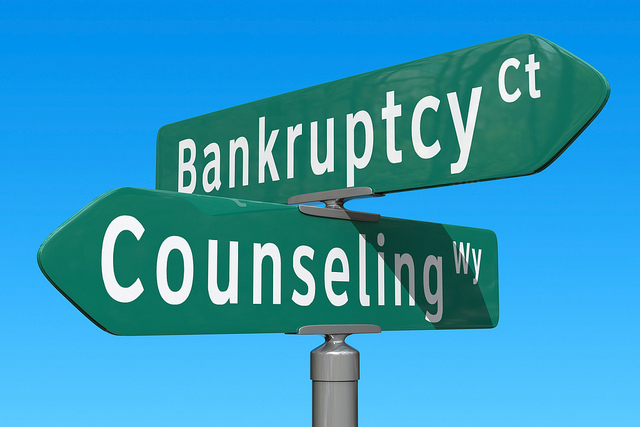While bankruptcy will have an effect on your immediate present, it will also follow you into your future.
Below is what to expect from life after bankruptcy.
What happens after I am discharged from bankruptcy?
After you have been discharged, your name will be placed on the public record (NPII) as a discharged bankrupt forever. You name will also appear in the ITSA’s National Personal Insolvency Index database forever. Additionally, you will be tagged as bankrupt for seven years (from the start of your bankruptcy) by credit rating reporting organisations, even if you have since been discharged.
After discharge, the administration of your bankruptcy may persist, even though you have reached life after bankruptcy. Your trustee may still have investigations to carry out or assets to sell, or you may still be required to make income contributions. The Bankruptcy Act dictates that as a discharged bankrupt, you must still:
- Help their trustee to finalise the bankruptcy
- Inform the trustee of any changes in personal details or financial circumstances
- Pay required income contributions
- Surrender relevant secured assets to creditors
- Pay debts that are not covered by bankruptcy
What debts will I be liable in life after bankruptcy?
After you have been discharged from bankruptcy you will be responsible for paying any debts that you incurred after the start date of your bankruptcy (i.e. after you lodged your Statement of Affairs). You will also be required to resume payments on debts not covered by bankruptcy like fines, HECS/HELP/SFSS debts and debts resulting from fraud.
For more information on which debts your will be liable for in life after bankruptcy, see Bankruptcy FAQs.
How will my future look in life after bankruptcy?
Since your name will be listed as bankrupt on a number of records, you are likely to find that you are limited in a number of areas in life after bankruptcy.
- Lenders may not allow you to borrow money or to have a credit card.
- You may find it difficult to get insurance, rent a property or to have utilities like water, gas, electricity or a phone line connected without paying a significant bond – your financial status indicates that you may have difficulty paying bills.
- Some banks will not allow you to open a bank account or may dictate how you use your account.
- Your job opportunities may also be affected, depending on the industry and the employer.
Can my status as a bankrupt or a discharged bankrupt be cancelled?
Yes – this cancellation of bankruptcy is called annulment. In Australia, there are three ways that you can have your bankruptcy annulled:
- All of your creditors agree to an arrangement or composition whereby they receive a payment which is less than a payment in full.
- All your debts are paid in full. This payment includes interest, your trustee’s fees and the realisation charge.
- You obtain a Court order that annuls your bankruptcy.
What happens after my bankruptcy is annulled?
After annulment, your name will still appear of the public record (NPII) forever, but the record will note that your bankruptcy was annulled. Despite having your bankruptcy annulled, you will be listed as bankrupt on the records of credit reporting agencies for seven years after the start of your bankruptcy period. In addition:
- In life after bankruptcy annulment, you will still be liable for any debts that are not covered by bankruptcy like fines, HECS/HELP/SFSS debts and debts resulting from fraud.
- Creditors who have been granted security over certain assets will retain their rights to those assets if you fail to meet your repayments.
- Any assets that are not needed by your trustee to cover the expenses of your creditors will be returned to your possession.
For more information on life after bankruptcy, see our articles Bankruptcy FAQ’s and Bankruptcy: The Basics, or visit the ITSA’s website.



